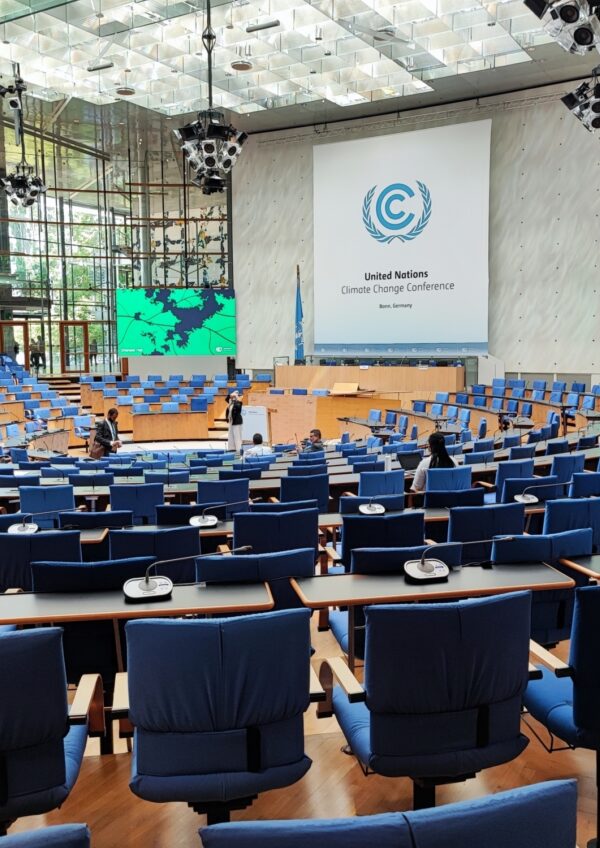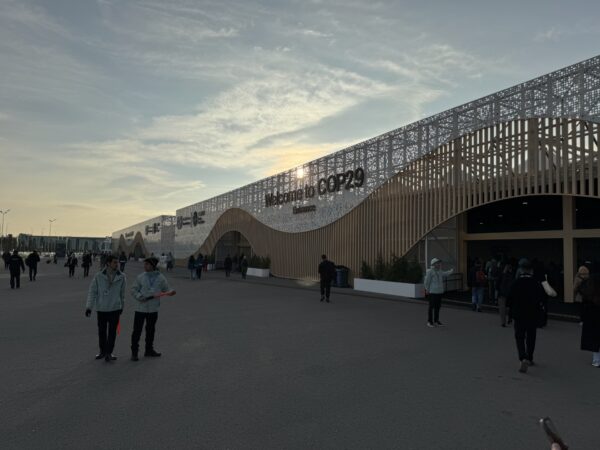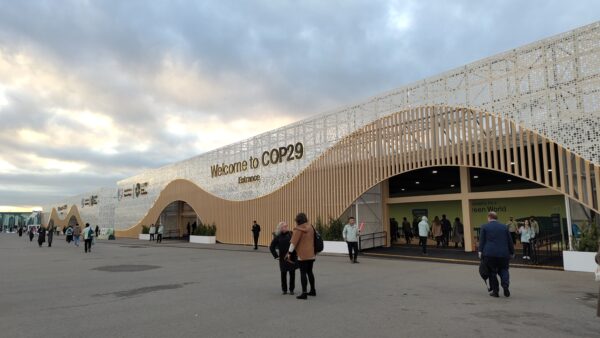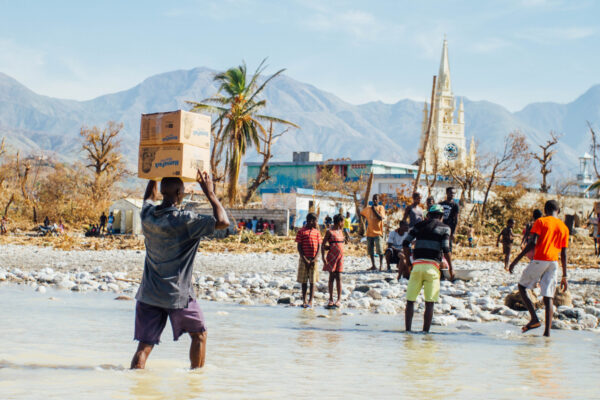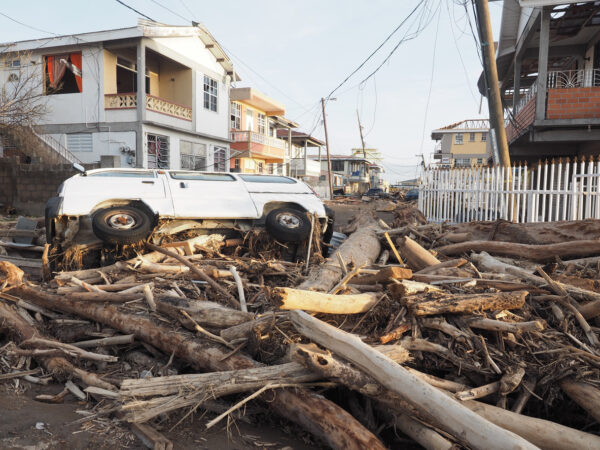Headquarters

Our staff based in Berlin are engaged across our work areas and operations. From here, we cultivate a close working relationship with European universities and institutes, governments, civil society and the private sector

Bill Hare(D.Sc. (hon. causa) (Murdoch))
CEO / Senior Scientist

Thushanti Selvarajah
Chief Operating Officer

Claudio Forner
Head of Climate Policy

Dr Melania Guerra
Head of Climate Science and Impacts Team

Dr Jan Sindt
Head of Implementation Strategies

Dr Rosanne Martyr
Senior Scientist, Group Lead Adaptation and Loss and Damage

Paul May
Head of Communications and Strategic Partnerships

Clare Waldmann
Head of Projects

Stephan Lessig
Head of Human Resources

Dr Anne Zimmer
Group Lead: Socio-economic impacts and financial implications of climate change

Uta Klönne
Senior Science Advisor

Dimitris Tsekeris
Senior Climate Policy Analyst
Our projects
Publications
Comment
Media Coverage

Scientists’ Letter Urges Brazil’s President Lula to Reject New Amazon and Offshore Drilling
Inside Climate News
Pakar Sains Beberkan Sistem Transisi Energi yang Lebih Efisien
CNBC Indonesia
'Crunch time' for climate action, scientists warn
Deutsche Welle

